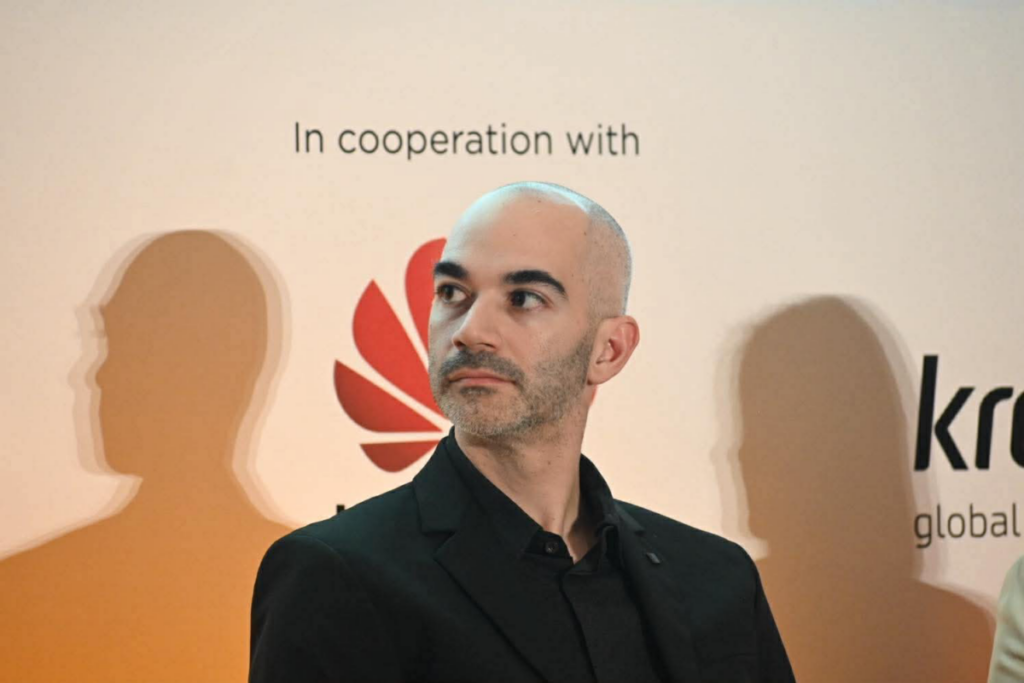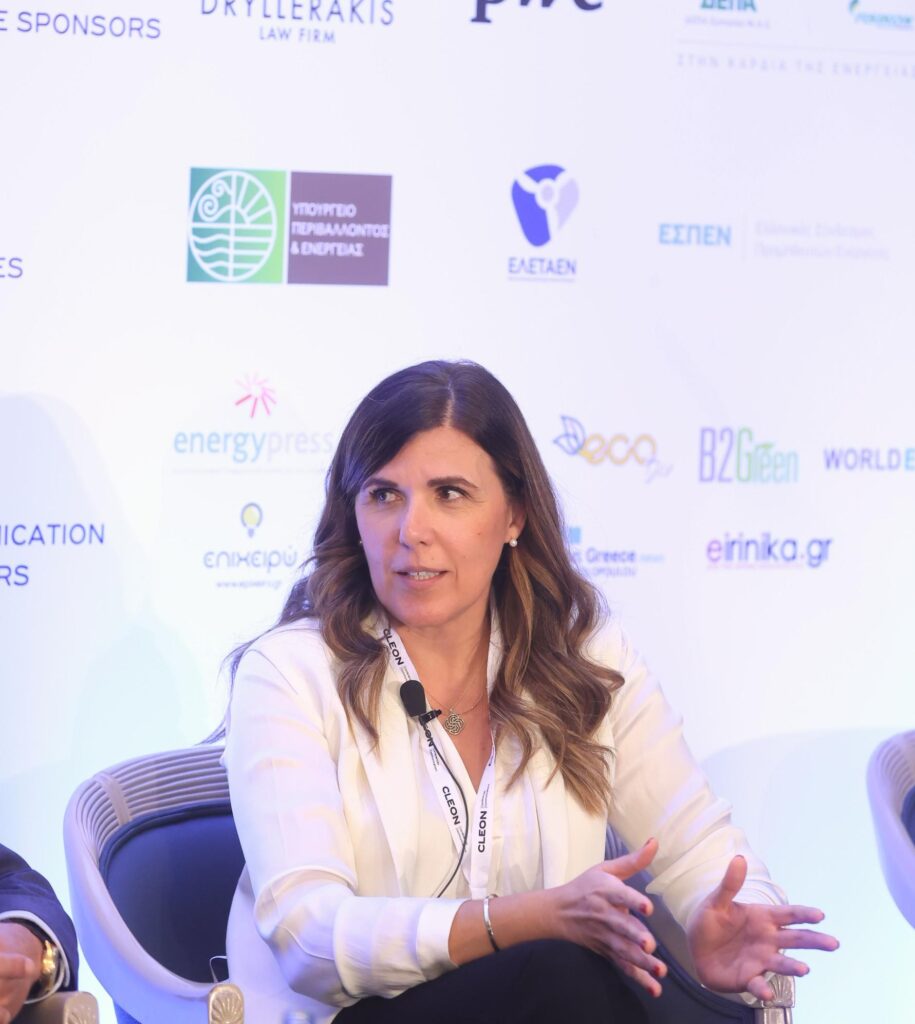At the 6th Renewables & Storage Forum, Gerasimos Takis-Defteraios, Head of Intraday Trading at Optimus Energy, delivered a forward-looking presentation on the commercial operation of Battery Energy Storage Systems (BESS) and their role in the evolving electricity markets.
From Balancing Market to Cross-Market Optimization, Gerasimos explained how storage assets operate as multimillion-euro investments in energy markets, requiring precise optimization under technical constraints and minimal human intervention. He highlighted that Greece’s competitive electricity market provides a fertile ground for storage to enhance renewable integration, flexibility, and grid stability.
BESS assets can unlock multiple revenue streams across several markets:
- Wholesale markets (Day-Ahead, Intraday, Continuous Intraday) through arbitrage strategies.
- Ancillary services such as FCR, aFRR, and mFRR, where storage provides critical capacity for system stability.
- Cross-market optimization, dynamically switching between services to maximize profitability.
The revenue stack is underpinned by arbitrage, buying low and selling high in volatile wholesale markets, while simultaneously offering stability services to the grid.
While BESS participation delivers risk mitigation against RES cannibalization, improved state-of-charge (SoC) management, and stronger profitability, it also poses challenges:
- The need for complex optimization tools.
- Real-time connectivity and second-by-second decision-making.
- Advanced SoC management strategies to preserve asset health.
Optimus Energy focuses on cutting-edge in-house optimization tools powered by AI, machine learning, and automation. With transparency, respect for asset warranties, and a customer-centric approach, the company will ensure maximum value and long-term sustainability for storage projects.
As the #1 renewable energy aggregator in Greece with more than 3.4 GW currently under management, Optimus Energy is leading the way in integrating storage with renewable assets.
“Battery storage is not just about balancing markets—it is about optimizing across all market layers, capturing value, and enabling a more flexible, stable, and sustainable energy system,” emphasized Gerasimos.




